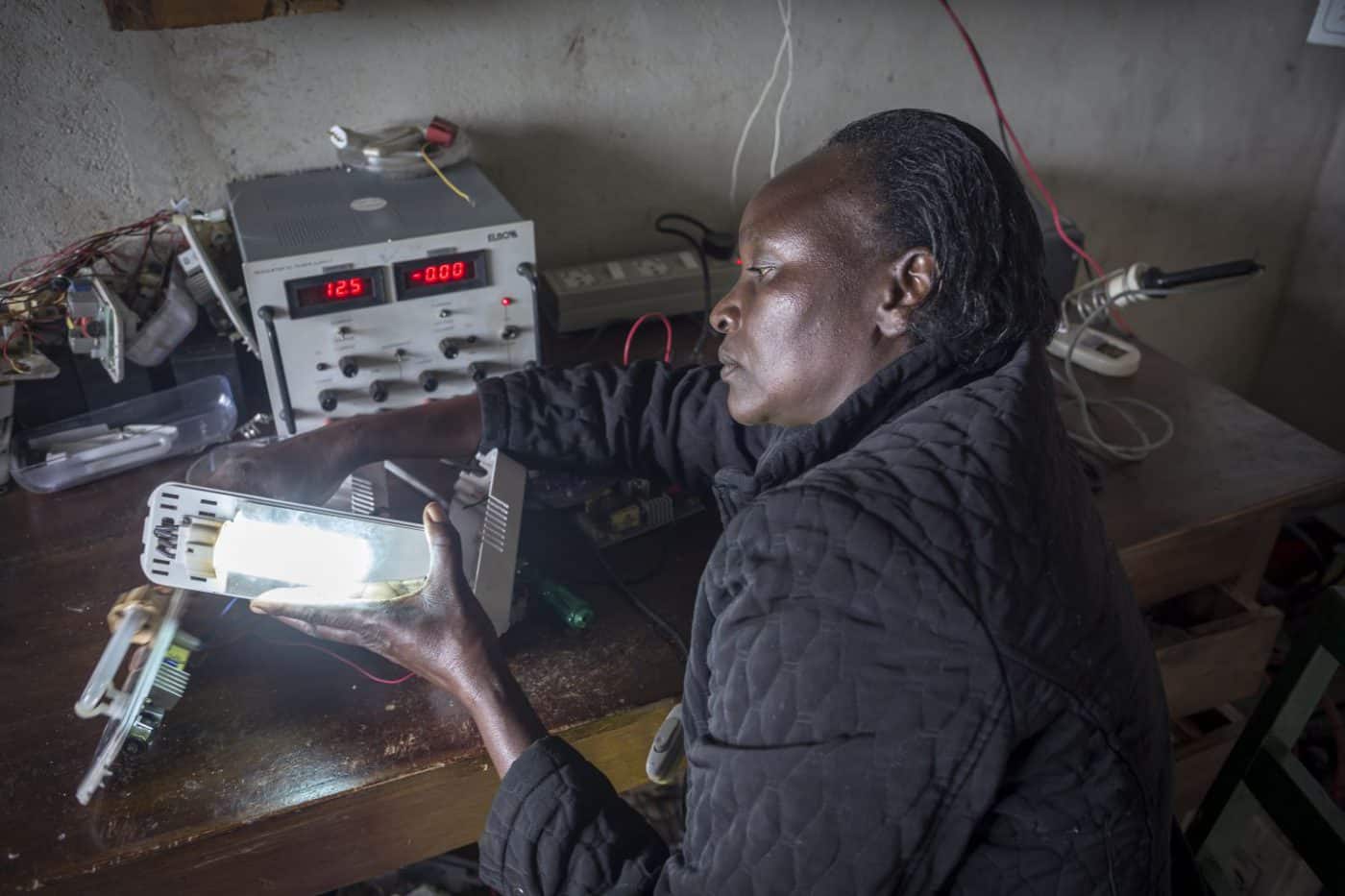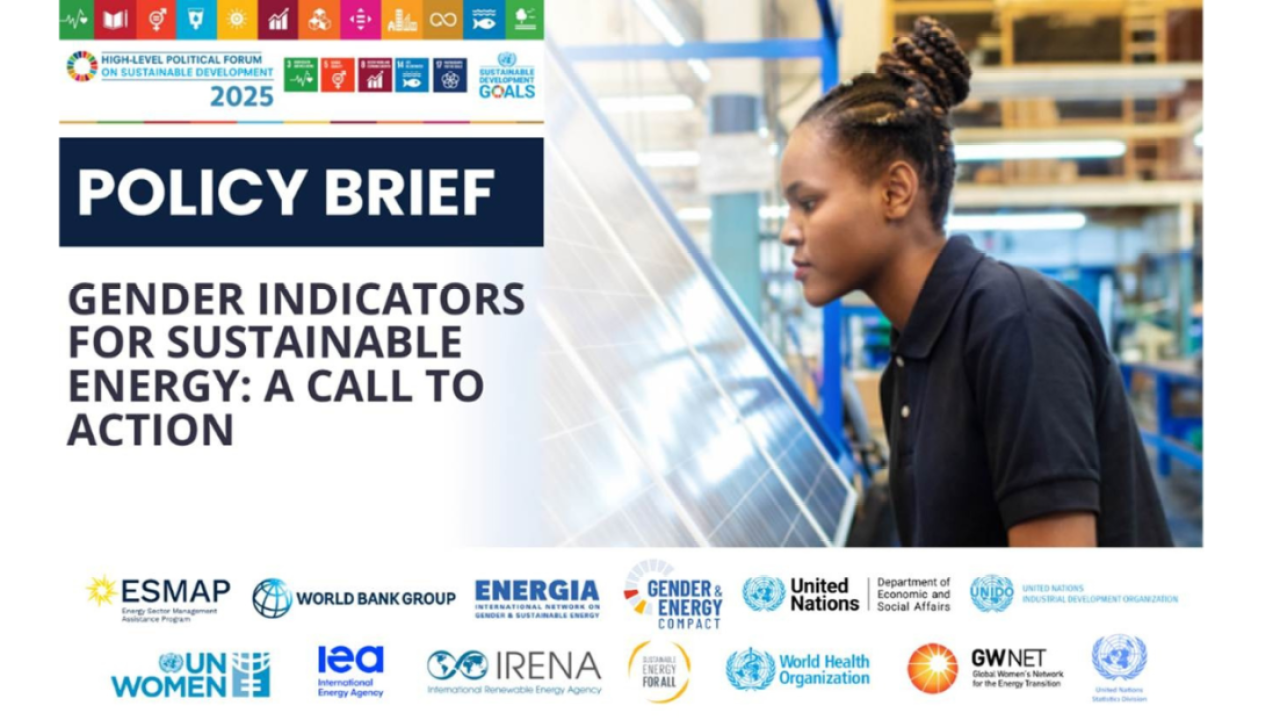Time: Monday, 25 June 2018, 10:30am – 12:00pm CEST
Registration: To register for this webinar please go to this link.
Access to sustainable energy can transform the lives of women and men in multiple but different ways contributing significantly in improving their quality of life. Despite the empirical evidence suggesting that energy interventions have differentiated impacts on women and men, most energy policies and programmes are still not taking a gender perspective in their design and implementation. In addition, empirical evidence shows that taking a gender approach can contribute to promoting energy access. Which elements of energy interventions bring more gender equitable outcomes? Which gender approaches promote energy access?
This webinar will highlight factors that increase the benefits of energy access for women. It provides evidence on the linkages between the use of energy services and empowerment outcomes and what lessons can be learned for the optimisation of gender approaches. The webinar will also look at whether women’s involvement in decision making bodies lead to more inclusive outcomes.
This webinar will be moderated by Samantha Wade and includes the following presentations:
- The gender dimension of electricity access – new evidence from rural Nepal, Kenya and India – Dr. Tanja Winther, University of Oslo
- Benefits of energy access and use in the street food sector in Rwanda, Senegal and South Africa – Dr. Nthabiseng Mohlakoana, University of Twente
- Women’s agency in moving from availability to access and use: Clean cooking energy – Dr. Dev Nathan, M.S. Swaminathan Research Foundation
- Remarks by discussant – Suhela Khan, UN Women
This webinar will provide messages for policy makers and practitioners based on the evidence from the DFID-funded ENERGIA Gender and Energy Research programme.







